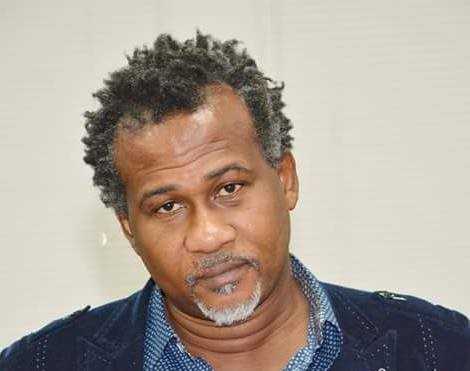Lucky Mensah, an esteemed Ghanaian highlife artist, has reaffirmed the enduring significance of the genre.
In a recent interview on Connect 97.1 FM’s mid-morning show with host Nana Yaw Gyebi, the “Aduu sum) akwadu” hit maker adamantly stated that he has no regrets venturing into recording highlife music, adding that he disagree with some Ghanaians that highlife has lost its value.
“Highlife has not lost its value as far as Ghana music is concerned; highlife can never die, and I don’t regret choosing the highlife genre.”
With hits like “I miss you” and “Old school” Lucky Mensah’s assertion resonates deeply within Ghana’s music industry, reflecting the sentiment shared by many music enthusiasts.
Despite debates about highlife’s relevance in modern Ghanaian music culture, the musician emphasized its resurgence, citing platforms like TikTok as contributors to its renewed popularity.
However, he acknowledged contemporary challenges facing the genre, particularly regarding alterations in rhythm and a lack of lyrical depth among newer artists.
Mensah believes addressing these issues is crucial for maintaining highlife’s relevance and longevity.
“The new crop of artists are changing the rythm of highlife and they lack lyrical content which is worrying. If you listen to the likes of Ampadu, Oheneba Kisi, Kofi B and Ofori Amposah etc and compare it to recent highlife you will understand what I’m saying. They have to learn from the veterans,” he explained.
‘I never said I will buy Ghana, I don’t have the money to do that’ – Nana Kwame Bediako clarifies
Throughout the interview, Mensah exuded confidence in highlife’s resilience, stressing the importance of preserving its essence while embracing innovation.
As a cherished cultural heritage, highlife holds a special place in the hearts of Ghanaians, and Mensah’s unwavering commitment serves as both a testament to its enduring legacy and a call to action for future generations of artists to uphold its traditions while pushing boundaries.
By: Belinda Kyeiwaa Asomani, Connect FM














